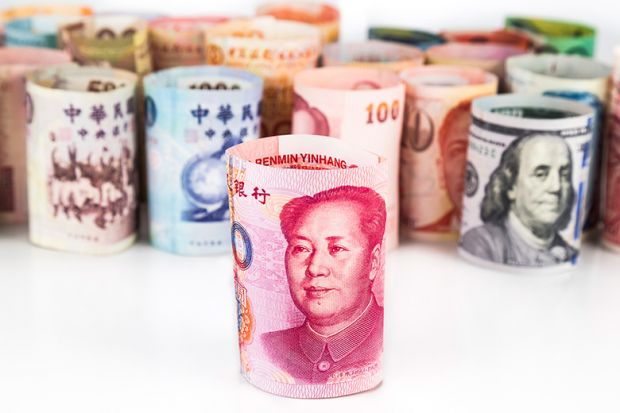This is an unparalleled and meticulous analysis of the deeply embedded and widespread corruption engulfing the world’s second-biggest economy. It should be read by the British prime minister, Theresa May, who has agreed to China’s substantial investment in the UK’s nuclear establishment as long as ownership of the Chinese firms involved remains the same. But in the many-layered morass that Minxin Pei perfectly describes as “crony capitalism”, who actually owns what in today’s China is at best opaque and at worst invisible. State-owned enterprises often fall under the control of venal national and local officials and businessmen, or violent mafia chieftains who have bought the police, the judges, the army and officials with hundreds of millions of yuan and dollars. As Communist Party general secretary Xi Jinping, who not long ago rode down the Mall in the Queen’s coach, admitted in October 2014, “the exchange of power for power, power for money, and power for sex is frequent between officials and businessmen, and collusion between superiors and subordinates has become intertwined; the benefits of transferring benefits to each other are concealed and various”.
Indeed. Pei has pulled apart the spiderwebs of Chinese corruption by scrutinising the published accounts of more than 250 of those penalised for bribery. The details, down to their single or multiple mistresses, orgies and the involvement of their families, make the narrative and conclusions vivid and convincing.
Corrupt imperial officials were easy to catch because their incomes were small, as was also the case in Mao Zedong’s time. Now, in his path-breaking analysis, Pei reveals the vast scale in post-Tiananmen China of “collusive corruption”, in which, while the state seemingly owns land, mines, banks and energy supplies, such assets in fact are subject to looting from the top, so that now political and financial power is often controlled by corrupt officials, businessmen and gangsters at every level. Honest officials, who hitherto had neither accepted nor offered bribes, see no hope of advancement, and may succumb to the lure of status and more money than they ever imagined.
In short, “the CCP [Chinese Communist Party] has successfully maintained its political power and faces no constraints on the use of its power in the pursuit of self-enrichment”. The major players are bent officials at every level who sacrifice the interests of the state – that is, most Chinese – to their own interests. For the first time in China, “organized crime”, which Pei calls “the mafia”, whose traditional activities were prostitution and gambling, now oversees human and drug trafficking. Using familiar modes of entertainment – gifts, expensive dinners and sex – this underworld has seeped into every level of society. Judges are bribed to hand down desirable rulings or avoid harsh ones. They also accept bribes for giving gangsters judicially seized illegal property that should be auctioned off. Senior generals sell army holdings in real estate and other property.
Is there a future for Chinese democracy? Here is Pei’s bleak conclusion to this overwhelmingly convincing and dispiriting book: wealth inequality, a terrifying mafia and ever-richer tycoons will “enable those who have acquired enormous wealth under the old regime to wield outsized political influence in a struggling democracy that will have poor odds of survival”.
Jonathan Mirsky was formerly associate professor of Chinese, history and comparative literature at Dartmouth College in the US.
China’s Crony Capitalism: The Dynamics of Regime Decay
By Minxin Pei
Harvard University Press, 376pp, £25.95
ISBN 9780674737297
Published 27 October 2016
POSTSCRIPT:
Print headline: Party people live the gangster life
Register to continue
Why register?
- Registration is free and only takes a moment
- Once registered, you can read 3 articles a month
- Sign up for our newsletter
Subscribe
Or subscribe for unlimited access to:
- Unlimited access to news, views, insights & reviews
- Digital editions
- Digital access to THE’s university and college rankings analysis
Already registered or a current subscriber?




